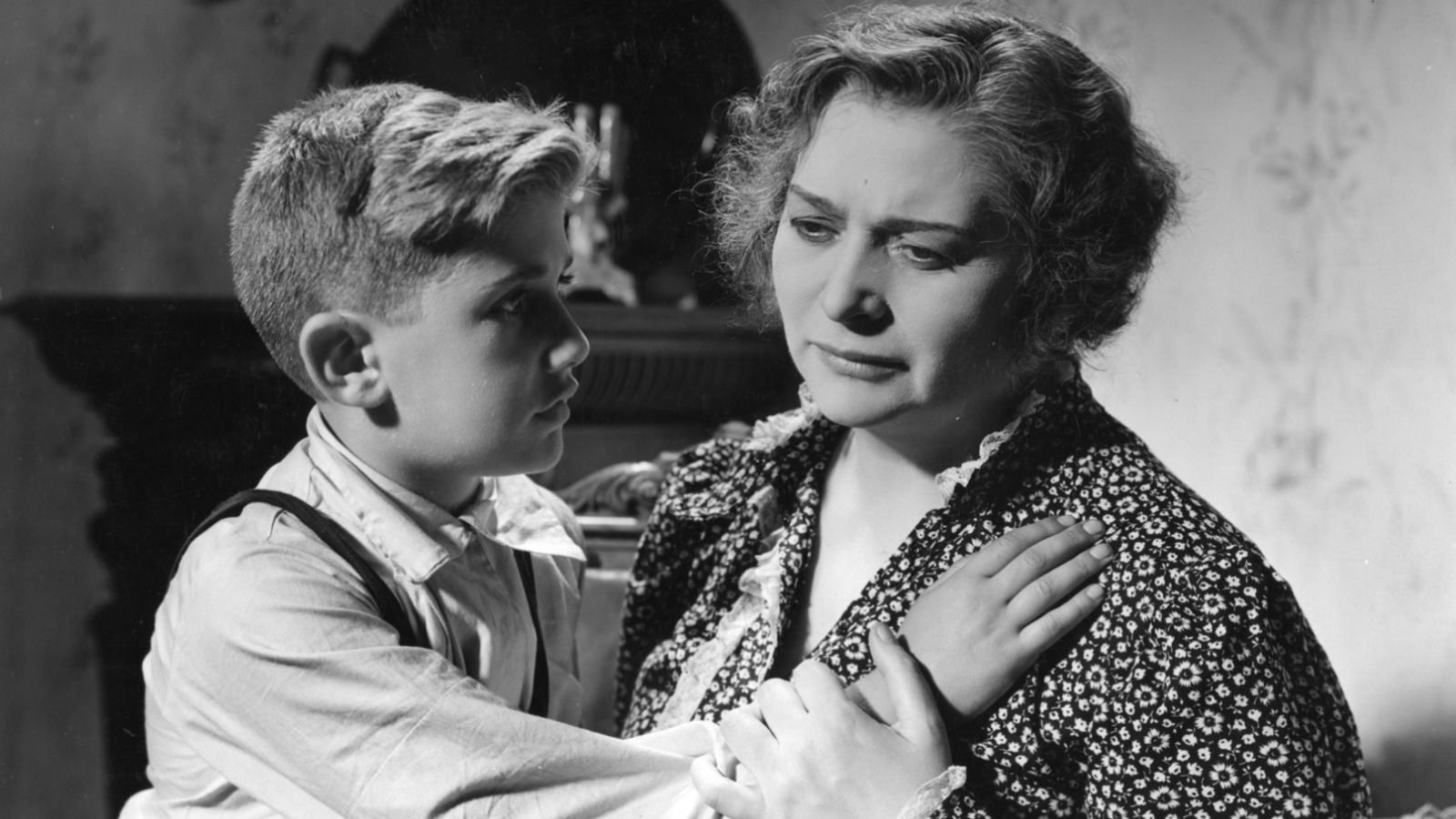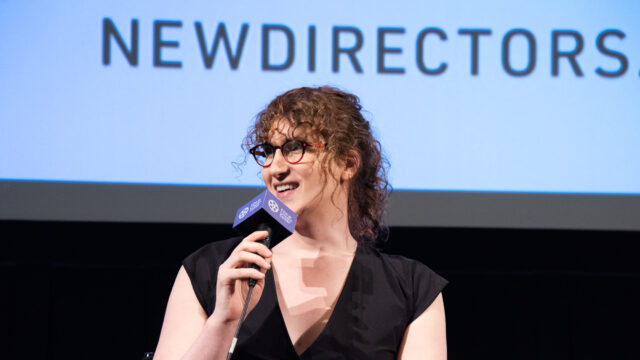A Letter to Mother

A Letter to Mother © National Center For Jewish Film
Q&A with Lisa Rivo and Sharon Rivo, co-directors of the National Center for Jewish Film
A classic of Yiddish cinema, A Letter to Mother (also known as The Eternal Song) was among the final Yiddish films made in Poland before the Nazi invasion. Set in the years leading up to World War I, Joseph Green and Leon Trystand’s film follows Dobrish (Lucy German), a mother of three children trying to provide for her family in a town in Poland (now Ukraine), after her husband moves to America. Struggling against the ever-increasing challenges of poverty and war, Dobrish and her children finally strike out for New York with help from the Hebrew Immigrant Aid Society (HIAS) in the hopes of rebuilding their lives for a better future. The most financially successful Yiddish film of its era, and a hit in New York, where it opened just two weeks after Germany’s blitzkrieg over Poland, the landmark A Letter to Mother is a moving work of traditional melodrama and a metaphor for the displacements facing European Jews in 1939. Film restoration by The National Center for Jewish Film.
Preceded by
Jewish Life in Lwow
Shaul Goskind and Yitzhak Goskind
Poland, 1939, 10 min.
Yiddish with English subtitles
This rare 1939 portrait of the daily lives of Jews in Lwow, Poland, now Lviv, Ukraine, home to a thriving Jewish community before World War II, is one of a handful of surviving films from Warsaw-based filmmakers Shaul Goskind and Yitzhak Goskind. Full of vibrant images of stylish women, thriving markets, parks, and promenades, this short documentary captures a prosperous world on the precipice of obliteration by the coming Nazi invasion.






